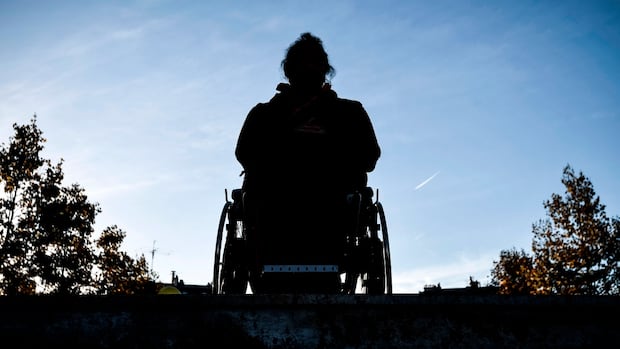Mark Davison was informed that he was entitled to receive $53.36 monthly from the new Canada Disability Benefit, aimed at assisting Canadians with disabilities. However, Davison, who suffered a stroke two years ago, expressed disappointment at this amount, considering it insufficient given his current financial struggles.
Despite initially being hopeful about the federal disability top-up, Davison, like many others with disabilities, criticized the program for its chaotic implementation, complex application process, and inadequate payout. Davison, a Vancouver resident, already receives various disability payments, amounting to less than $1,500 per month.
In August, Davison received a letter from Service Canada stating a possible miscalculation in his payment. Although he was told he could receive up to $200 monthly, he has only received a little over $100 in two months, which he described as barely enough for half a month’s worth of groceries.
The Canada Disability Benefit, passed in 2023, received a $6.1 billion commitment over six years in the 2024 federal budget. Eligible individuals aged 18 to 64 with a disability tax credit can receive up to $200 per month for the first year based on their income and other factors. However, many recipients faced payment delays during the program’s rollout.
Despite challenges, Employment and Social Development Canada stated that the majority of payments were made on time and addressed the delays promptly. Jay Woodruff, an advocate, acknowledged the program’s intentional complexity but highlighted concerns about eligibility requirements and application backlogs.
While some recipients like Kristina Hedley found the benefit helpful, others like Davison emphasized the need for the government to fulfill its promises and provide adequate support to individuals with disabilities. The program’s projected impact falls short of initial expectations, raising concerns about its effectiveness in alleviating poverty among Canadians with disabilities.



